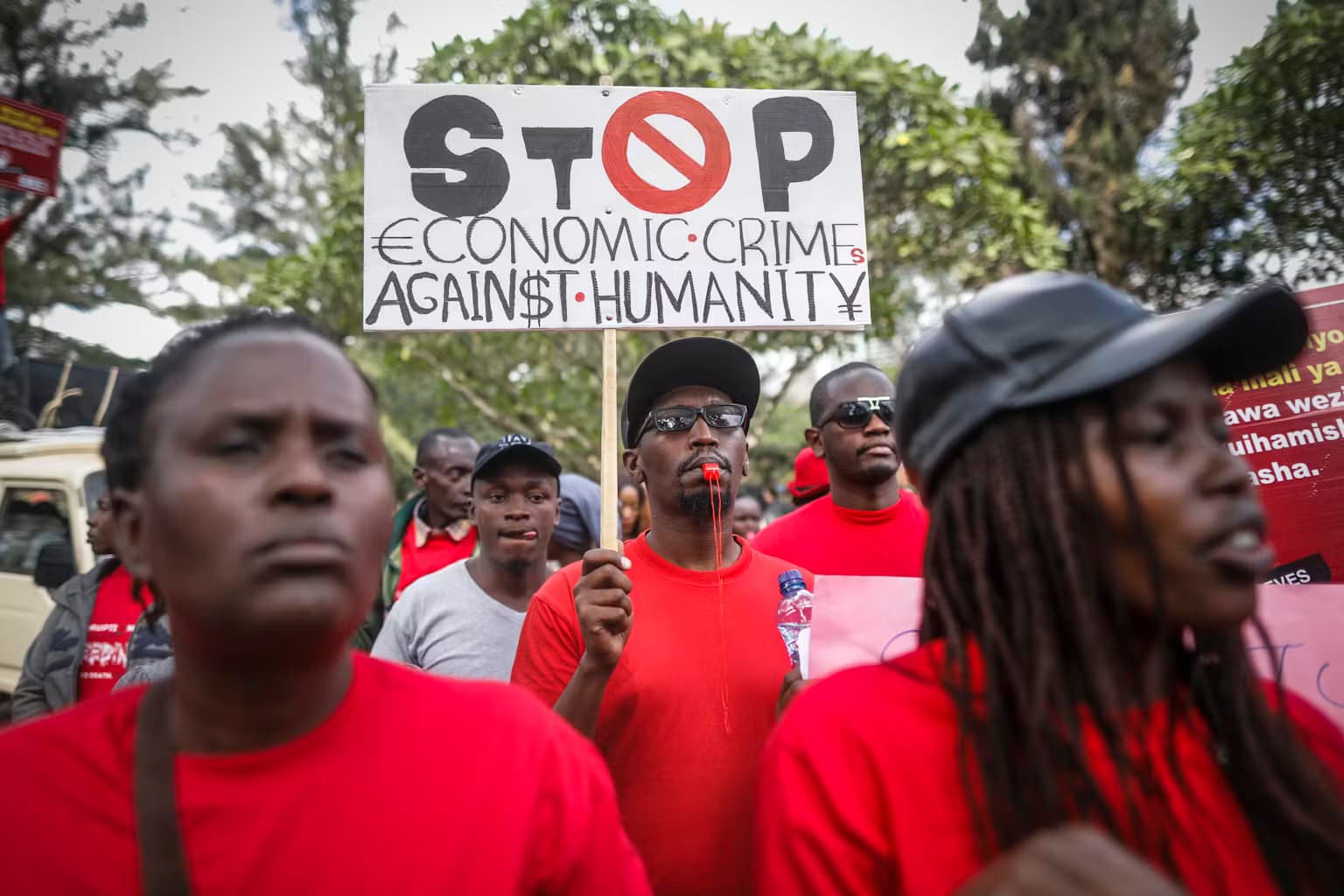We're loading the full news article for you. This includes the article content, images, author information, and related articles.
Despite marginal gains in perception indices, systemic corruption continues to drain billions from public coffers, exacerbating the cost of living crisis and undermining essential services for Kenyans.

NAIROBI, Kenya – Kenya’s struggle with public sector corruption remains a critical challenge, with the nation showing minimal improvement in global rankings and facing severe economic repercussions. According to the 2024 Corruption Perceptions Index (CPI) released by Transparency International, Kenya scored 32 out of 100, a negligible one-point increase from 31 in 2023. This score places Kenya at rank 121 out of 180 countries, well below the global average of 43 and the Sub-Saharan African average of 33, indicating serious levels of perceived public sector corruption.
The marginal improvement has been described as largely stagnant by Transparency International Kenya, which noted that the country's score has barely shifted from 31 points in 2020. This persistent issue has profound implications for the nation's economic health, governance, and the daily lives of its citizens, directly fueling the high cost of living and hindering development.
The economic cost of corruption is staggering. A July 2025 report from the African Development Bank (AfDB) estimated that Kenya loses approximately $1.5 billion (Sh194 billion) annually to financial leakages, including corruption. The Ethics and Anti-Corruption Commission (EACC) has provided an even starker figure, suggesting that graft drains about Sh608 billion, or 7.8% of the country's GDP, each year. This immense loss of public funds severely constrains the government's ability to deliver services and forces increased borrowing.
A joint report by Oxford Economics Africa and the Institute of Economic Affairs (IEA) in July 2024 warned that widespread corruption and economic mismanagement have led to considerable fiscal slippage, nearly doubling the public debt-to-GDP ratio over the past decade. This rising debt burden, which now consumes nearly half of the government's budget in repayments, cripples investment in critical infrastructure and social programs. The World Bank has issued stern warnings, stating that a failure to decisively tackle corruption could reduce GDP per capita by 8.5% and increase poverty by 6% within years.
Recent audits by Auditor-General Nancy Gathungu have exposed deep-rooted accountability failures across government. A report for the financial year ending June 30, 2024, revealed that billions in public funds remain unaccounted for. Key findings include:
These reports highlight systemic weaknesses that enable the misuse of public resources, from procurement irregularities in counties to opaque dealings in national mega-projects.
Despite the grim outlook, anti-corruption bodies continue their efforts. In August 2025, the EACC reported it had forwarded 89 high-profile graft cases, involving senior officials like governors and former cabinet secretaries, to the Office of the Director of Public Prosecutions (ODPP). The commission also recovered KSh2.9 billion in corruptly acquired assets in the 2023-2024 financial year and is pursuing forfeiture of assets worth approximately KSh49.5 billion.
However, the path to accountability is fraught with challenges. A May 2024 academic review noted that despite a progressive legal framework, anti-corruption institutions have struggled to secure high-profile convictions, often hampered by political interference and inadequate resources. Legal injunctions and slow judicial processes often delay or derail prosecution efforts.
In response, the justice sector is attempting to coordinate its efforts. In March 2025, Chief Justice Martha Koome unveiled an Anti-Corruption Strategic Guiding Framework aimed at enhancing collaboration between agencies to improve the prevention and prosecution of corruption cases.
For ordinary Kenyans, the impact of corruption is not abstract. The National Ethics and Corruption Survey 2024, released by the EACC in August 2025, directly linked the high cost of living to graft. The survey found that 22% of respondents cited the high cost of living as the primary driver of persistent corruption, while bribery in public service delivery remains rampant. From paying bribes for essential services to bearing the cost of inflated government contracts, citizens ultimately pay the price for the nation's governance failures. As Kenya navigates its development challenges, experts agree that meaningful economic progress remains contingent on a genuine and effective war against corruption.
Keep the conversation in one place—threads here stay linked to the story and in the forums.
Sign in to start a discussion
Start a conversation about this story and keep it linked here.
Other hot threads
E-sports and Gaming Community in Kenya
Active 9 months ago
The Role of Technology in Modern Agriculture (AgriTech)
Active 9 months ago
Popular Recreational Activities Across Counties
Active 9 months ago
Investing in Youth Sports Development Programs
Active 9 months ago